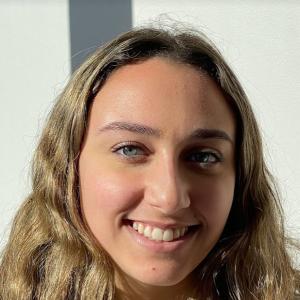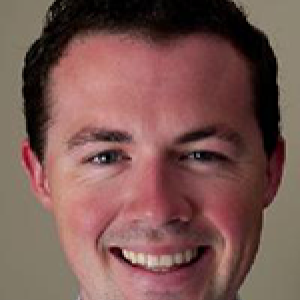About Us
The Bukhari Lab studies the brain circuitry and physiology of a rare brain disorder called dystonia. Dystonia is an involuntary movement disorder manifested by abnormal body postures that lead to permanent disability. There is currently no disease-modifying therapy, a major unmet clinical need. We would like to thank dystonia patients and healthy volunteers who have participated in our research studies.
Research
The Bukhari Lab studies the brain circuitry and physiology of a rare brain disorder called dystonia.
Dystonia is an involuntary movement disorder manifested by abnormal body postures that lead to permanent disability. There is currently no disease modifying therapy, a major unmet clinical need.
One of the key mechanisms of dystonia is an alteration of synaptic plasticity, a mechanism for learning and memory. The Bukhari Lab seeks to understand the disruption of synaptic plasticity in brain circuitry of human dystonia. This abnormality was previously reported to occur in deep brain regions in mouse models of dystonia. However, due to limitation in technology, the abnormality in synaptic plasticity has only been studied at the superficial cortical brain regions in human dystonia. At the Bukhari Lab, we have developed advanced technology to evaluate the mechanism of abnormal plasticity in deep brain regions in human dystonia. We use a non-invasive brain stimulation technology called transcranial magnetic stimulation (TMS) to understand the brain circuit of dystonia patients and measure changes in functional brain networks and its effect on clinical measures of dystonia.
A second goal of our research is to use insights gained from our evaluation of the abnormal plasticity mechanism in human dystonia to develop a long-lasting clinical therapy. To this end, we are applying advanced functional neuroimaging approaches and computational modeling to precisely deliver a TMS stimulation paradigm informed by biological understanding of the disease and change the abnormal neural circuitry in dystonia. Our goal is to identify a brain stimulation approach and pattern that can rectify the abnormal brain plasticity in human dystonia and provide long lasting clinical benefit for patients.
Collectively, the mechanistic and therapeutic goals of our research study have significant benefit for advancing the care of dystonia patients. Understanding the disease mechanism will inform the development of future clinical therapies for all dystonia patients. TMS is FDA approved for treatment of depression, migraine and obsessive-compulsive disorder. Demonstrating therapeutic benefit in human dystonia will provide a novel, and non-invasive clinical therapy for dystonia patients.
Publications
Careers
The Bukhari lab is always looking for interested, talented members for our research team. Please email Dr. Bukhari at noreen.bukhari@duke.edu to learn more about open positions.
Our Team
Lab Alumni
- Skylar Lee
- Zeynep Simsek
- Tiffany Tran
- Joyce Wang
- Selen Berkman
- Amber Holden
- Ashley Pifer
- Chenxi Wu
- Kelsey Ling
- Eleanor Wood
- Mariusz Derezinski-Choo
- Michael Fei
Courses
- Undergraduates: Neurosci 493: Research Independent Study and Summer Neuroscience Program
- Post-Baccalaureate: OPSD PRIME Pathways Program:
- Duke Master's in Biomedical Engineering
- Medical Students: Third-Year Scholars Program
- Research Fellows: Second-year research fellowship or research elective
Course Description:


